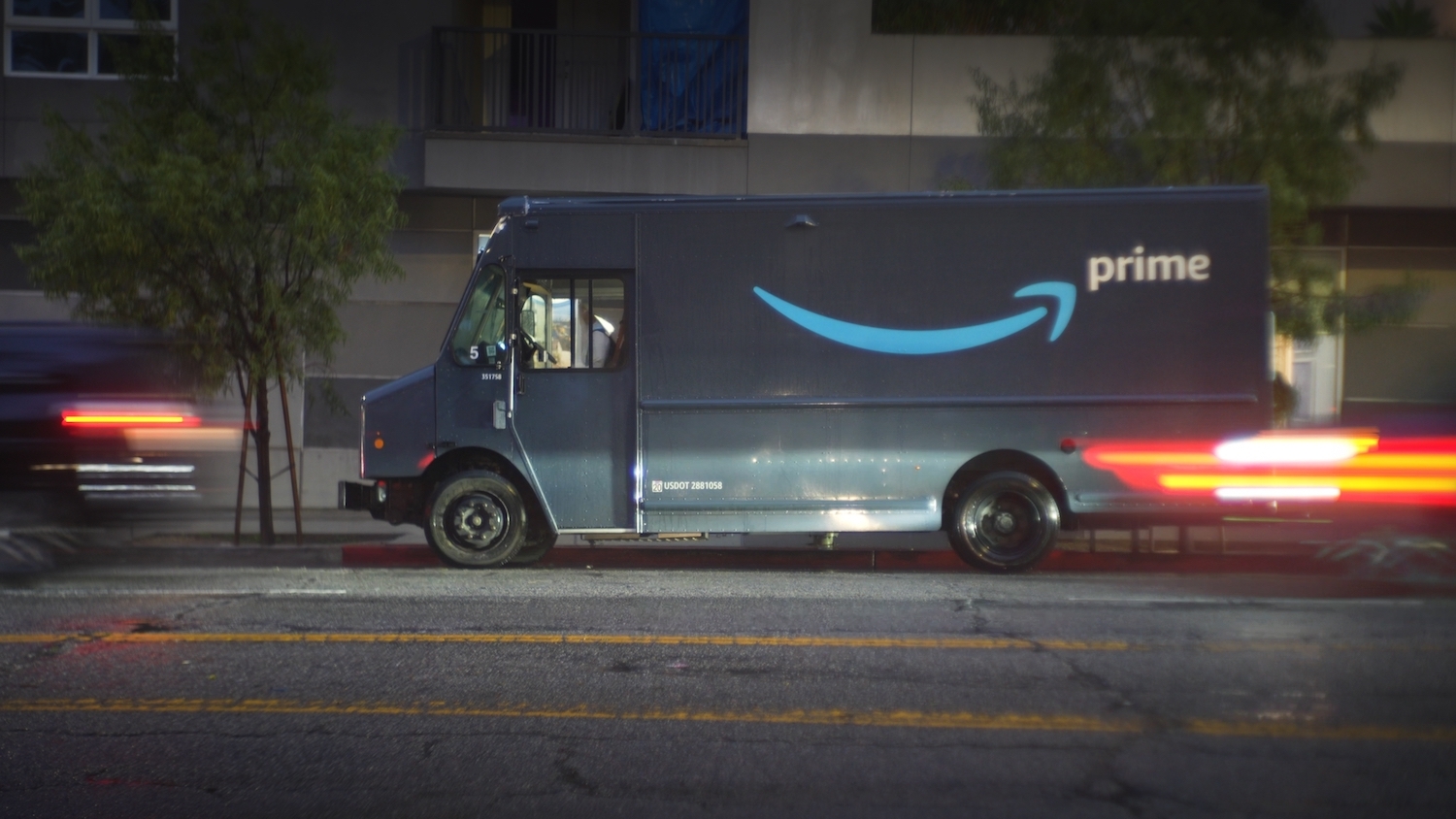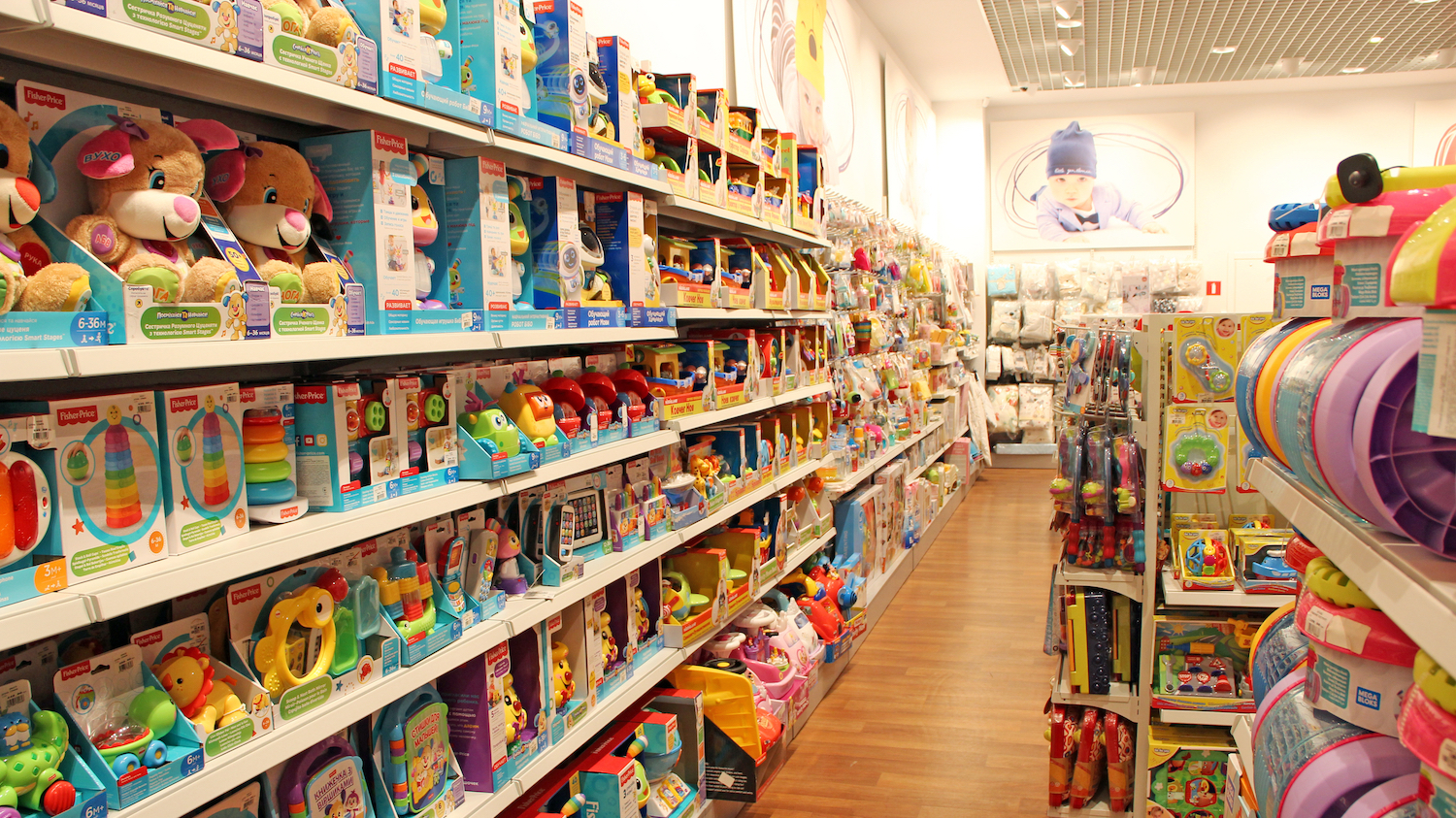The weeks between Thanksgiving and Christmas are the busiest time of year for online shoppers and the companies that serve them.That crush of commerce can make it harder for retailers to deliver on the one- or two-day shipping times that consumers count on year-round.
Amazon offers discounts to encourage people to bundle packages for delivery on a single, weekly “Amazon Day.” Other e-commerce companies extend similar offers. But another approach may be more effective, according to new research from Poole College researchers Stefanie Robinson and Stacy Wood.
In “Not-so-speedy delivery: Should retailers use discounts or donations to incentivize consumers to choose delayed delivery?” a paper published in the Journal of Retailing, Robinson, Wood and co-author Katie Kelting from Saint Louis University found that pledging $1 to charity is more effective than offering a $1 discount in encouraging shoppers to choose longer delivery times.
That’s important because of the strain speedy delivery puts on workers and the environment. Studies show that one- or two-day delivery creates more greenhouse gases, and journalists have probed how it stresses Amazon’s workforce. Encouraging shoppers to accept longer delivery timelines could improve both of those issues.
While Robinson, an associate professor of marketing, is primarily interested in how companies design customer experiences to encourage behavior that benefits others, she does see some lessons for shoppers in the new paper.
“I think consumers should think twice about delaying,” she said. “With the right incentive, consumers may see the good that can come in slowing down their delivery.”
We recently interviewed Robinson about the delivery paper, her interest in prosocial behavior and future research. Her answers have been edited for length and clarity:
So, how did we get to this point—where we have this expectation of fast, free delivery?
In an effort to create a competitive edge, retailers have created this norm for consumers. Consumers now expect fast, free delivery, so it’s hard to shift those expectations. But there are going to be times when retailers aren’t going to be able to deliver what consumers expect, for instance, the holidays, a pandemic, or bad weather. Therefore, retailers need to figure out how they can get consumers to accept a later delivery so their organizations work more functionally.
Were there any conditions in the delivery research where a discount became as appealing to shoppers as a donation?
Yes. We did have two studies where both worked equally. One showed that when you give consumers an environmental reason for why a shipment needs to be delayed, then the discount was as effective as the donation. Therefore, retailers should consider explaining the environmental benefits to choosing the delay delivery option as it encourages consumers to delay their delivery.
We also found that the type of product ordered does matter. If the product is utilitarian or very functional in nature, then the type of incentive doesn’t matter as much. That could be really important. Depending on what’s in a consumer’s basket, retailers can tailor the incentive based on the types of products that are being purchased.
What kind of impact would you want this study to have?
I would want this research to speak to both retailers and consumers. Our goal is to provide effective strategies that can help retailers in their delivery methods while also providing a positive impact on the environment and society.
And for consumers, this research can get consumers to start to question their choice in delivery. Yes, we all want stuff to arrive before a certain date. But instead of just hitting that next-day-delivery option all through December—even if you don’t really need it—you could wait. That could make a big difference for retailers and the burden placed on workers and our environment. During certain times of the year, I think it’s good if consumers can be more mindful of their shopping behavior. And this study shows one way retailers can encourage that.
This post was originally published in Poole Thought Leadership.
- Categories:



